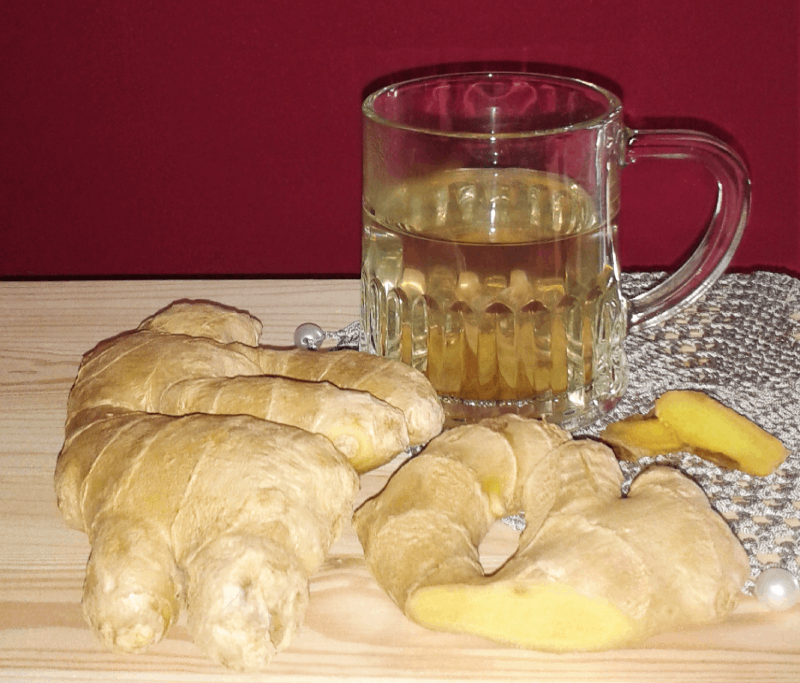One of the most famous homemade herbal teas in my opinion is ginger tea, or to be more correct, ginger infusion. With a refreshing taste, ginger is adequate for both hot and cold temperatures making it a year-long favorite, despite its direct link to Christmas thanks to the famous gingerbread man! But, is the taste the only special quality ginger has? Let’s find out.
What is Ginger?
Let’s start with the first correction, ginger is not a herb, it’s a root that falls in the spice category. The plant is a flowering one, which grows a false stem made of rolled-up leaves up to one meter in height. Other famous spices in its family are turmeric, also mostly known for its root, and Cardamon, this time more popular for its seeds. Ginger is most commonly found in Southeast Asia and the Indo-Pacific region up to Hawaii.
Funnily enough, ginger’s main component is water, however, it contains moderate amounts of vitamin B6 and the dietary minerals, magnesium, and manganese. Fresh ginger also contains an enzyme zingibain, which is a cysteine protease and has similar properties to rennet (the stuff used to separate milk into solid curds so we can have cheese).
Health Benefits
Ginger is also packed with volatile oils, primarily consisting of zingerone, shagaols, and gingerols that help to soothe the stomach. It is said to also help with the following:
- Reduces motion sickness
- Helps against nausea from pregnancy or chemotherapy
- Lowers blood pressure
- Prevent blood clots
- Helps the blood circulation
- Lowers cholesterol
- Helps reducing blood sugars
- Reduces inflammation (especially good for sore throat)
- Provides pain relief
- Supports the immunity system
- Helps prevent cancer
- Reduces stress
- Relive nasal congestion
Side Effects
You might be allergic to ginger, it may also adversely affect individuals with gallstones and may interfere with the effects of anticoagulants, such as warfarin or aspirin. Some signs you need to be alert for are:
- Rash
- Heartburn (acid indigestion)
- Diarrhea
- Heavier menstrual period
Making the Tea
- 4 to 6 thin slices of peeled, raw ginger (add more slices for stronger ginger tea)
- 1 cups of water
- Lemon slices (optional)
Making teas or infusions is really easy. One principle applies to all, simply place the slices in the teacup and pour hot water (not boiling hot) over your roots. Leave for 5 to 10 minutes depending on the strength you wish to achieve. Ginger is very commonly used with lemon, so lemon slices are recommended for this recipe. Other versions you might want to try are mint for summer and cinnamon for winter, both add lovely notes when added with the giger infusion. You can also use powder ginger, although you may want to strain your tea if you do. Add honey as usual for sweetness.

